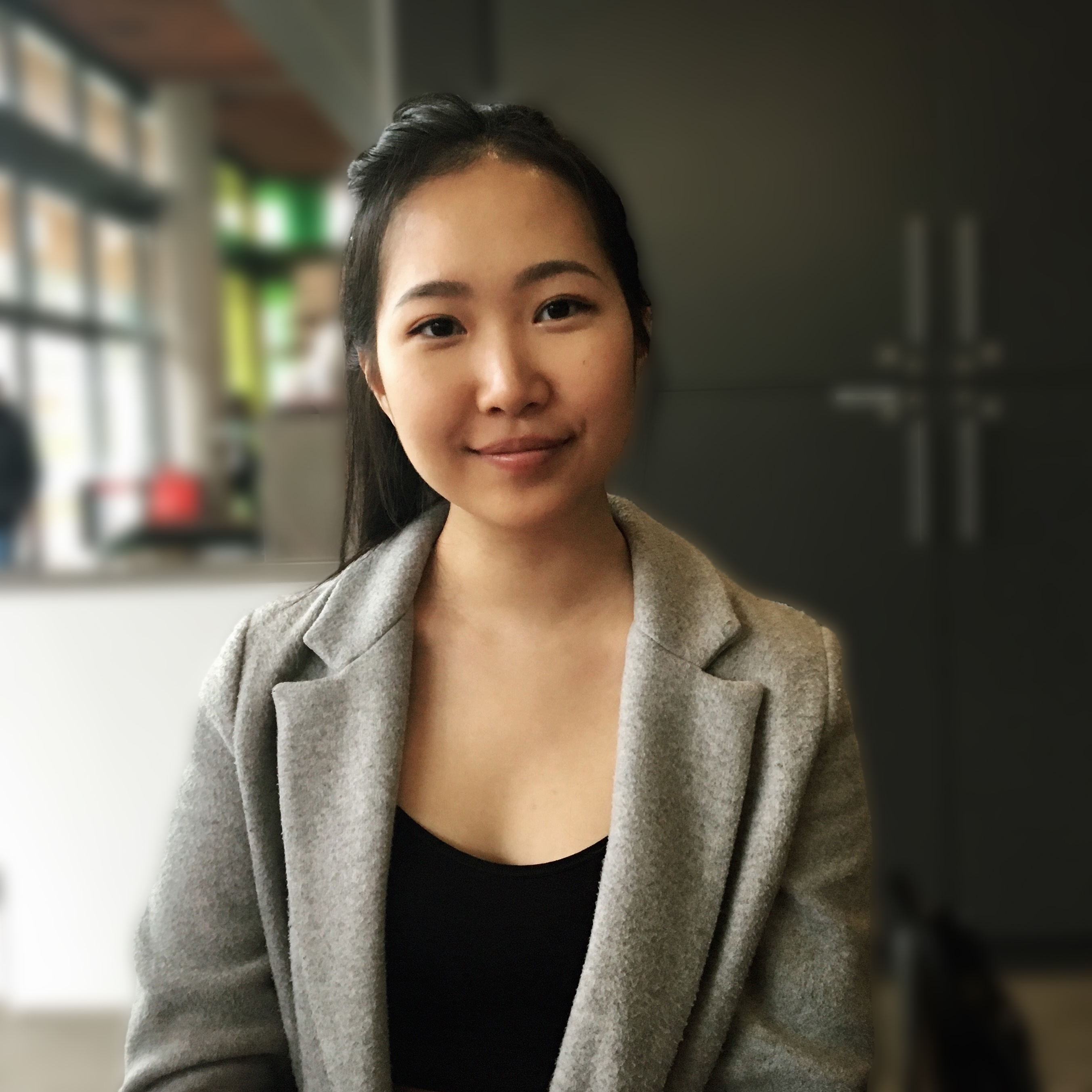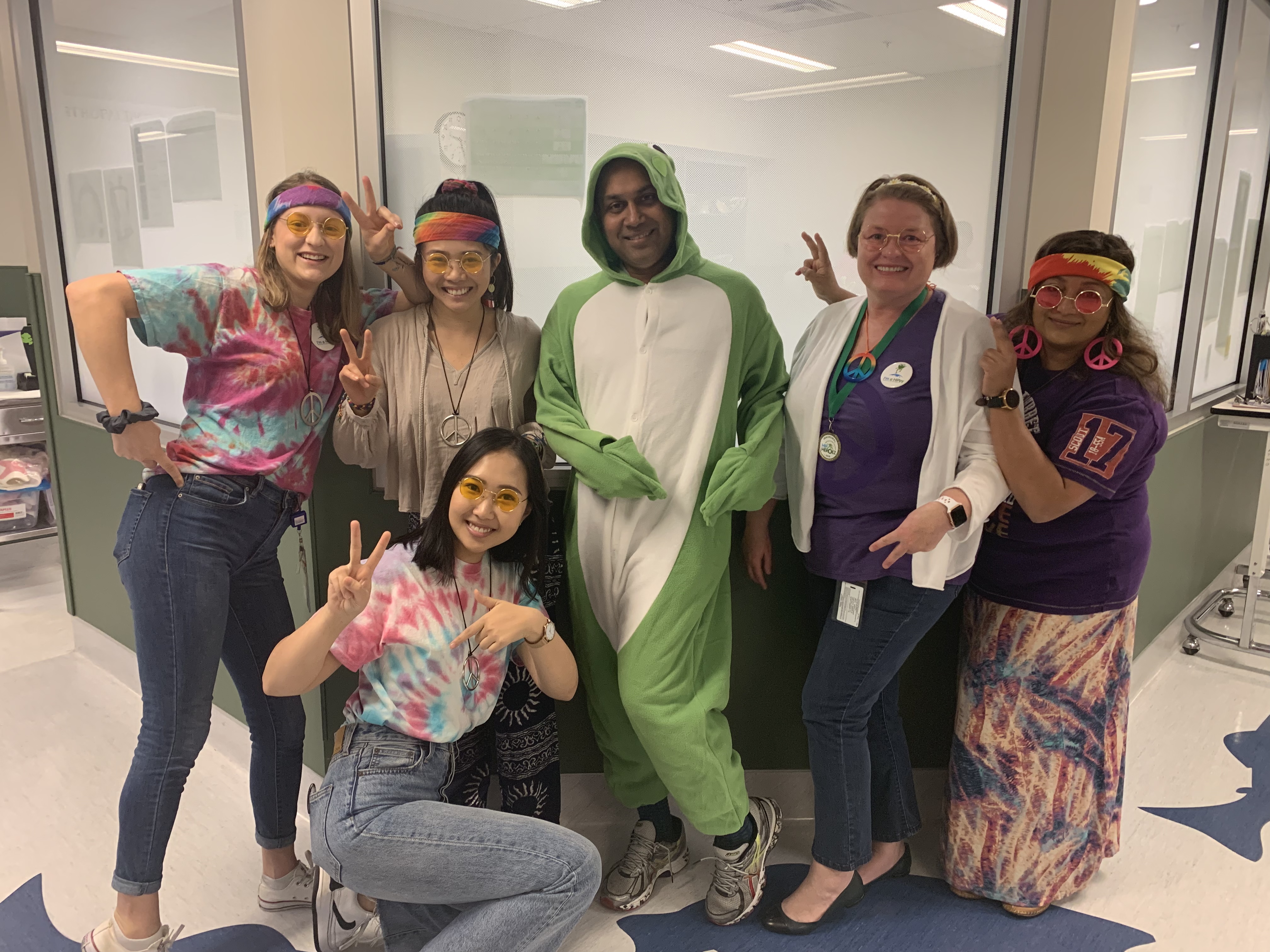
STUDENT: Judy So
FIELD OF STUDY: Microbiology & Immunology, minoring in Psychology
WORK TERMS: 3
AWARDS: Science Co-op Student of the Year 2019
"Coming back to school [after my work term], I have a renewed interest in my studies and I love questioning the deeper concepts behind the material I'm learning. It leads to amazing discussions with peers and professors, and forces me to grasp the basic concepts—as a result, instead of cramming facts into my head, I'm naturally absorbing the material."
Why did you choose to enroll in co-op?
I chose to enrol in the co-op program after senior students in my department recommended it. They guaranteed that I wouldn't regret the decision and said some placements were the best memories of their undergraduate experience. Some of the work experience opportunities they spoke of encouraged me to sign up.
Which positions did you work during co-op?
I’ve worked one term as a co-op student, as a research assistant with the Mulpuri Lab in the orthopaedic clinic at BC Children's Hospital. It has always been my dream to work there. It combines my passion for working with children and love for science. I began volunteering with children as soon as I wasn't considered a child myself! I assisted my Sunday school teacher in high school, then volunteered at BC Children's Hospital for four years. When applying for co-op jobs, I took extra care when writing my cover letters for positions at BCCH.
How do you feel co-op helped your personal growth?
Co-op has helped my personal growth immensely. When I started co-op, I was at a place where my grades were so important, that at any given moment, I was thinking about assignments, exams, or calculating how my GPA would change based on one bad outcome.
Working at the hospital gave me a reality check; grades are such a small, insignificant part of life. People used to say to me all the time: grades didn't matter and I shouldn't get too caught up in them. I began to understand when I took a step back. I asked myself, "why am I in school in the first place? What is my ultimate goal and how do good grades fit into this vision?"
I have wanted to go to medical school for as long as I can remember. Yes, grades are important when applying, but especially with schools like UBC—there’s so much more to it! Medical students and residents in the clinic where I worked emphasized the importance of balance and following your passions. Someone is more likely to burn out if they're working on something they don't care about, versus material they want to learn. I knew, but had never embodied these concepts.
Coming back to school, I have a renewed interest in my studies and I love questioning the deeper concepts behind the material I'm learning. It leads to amazing discussions with peers and professors, and forces me to grasp the basic concepts—as a result, instead of cramming facts into my head, I'm naturally absorbing the material.
This change in mindset and healthier outlook would not have been possible, if not for the incredible people I met and my supportive mentors—who were always open to giving me their precious time to talk about my career goals. Additionally, I learned to work in a multidisciplinary team of health care professionals and researchers. This taught me to think critically and look at a problem from multiple perspectives. Of course, my knowledge and skillset relating to clinical research has grown as well, but this is the most significant change I went through.
How do you feel co-op has helped your career?
Working at BC Children's really solidified my dream of working there in the future, and blew away all my doubts. The researchers, nurses, and physicians were all so open to teaching the younger generation and passing down their wealth of knowledge. It was an environment that welcomed intellectual curiosity and didn't punish you for mistakes. Even my PI, who has been an orthopaedic surgeon for decades, is constantly seeking new information and staying up-to-date with recent discoveries in his field. I hope that one day, I will be able to find something I'm so passionate about that even after studying it for decades, I'm still looking for more.
What advice would you offer future co-op students?
I would tell new co-op students to not be afraid in the face of a challenge. Two months into my co-op term, I was asked if I wanted to take on more responsibility—usually done by a research coordinator. At first, I was afraid to accept this offer. I thought maybe doing an exceptional job in my current position is better than doing a good job in a higher position. Generally, research coordinator positions are filled by people who have completed their graduate studies, or at least their bachelors, and the bar was set very high by the research coordinator on our team.
After careful consideration, I decided not to limit myself and to be as open-minded as possible—I accepted the offer. Oh boy, I cannot describe how glad I am that I did! With the support of our team's research associate Dr. Emily Schaeffer, research coordinator Eva Habib, and my PI Dr. Kishore Mulpuri, I was able to fully immerse myself in the world of clinical research.
Accepting this challenge opened a new realm of opportunities that was outside the regular tasks of a co-op student. I would encourage co-op students to ask for more projects and be open to new experiences. I was incredibly lucky to have supervisors that raised me up when I asked to branch out, and cannot thank them enough for fostering this confidence and intellectual curiosity in me.
Published: April 2020
